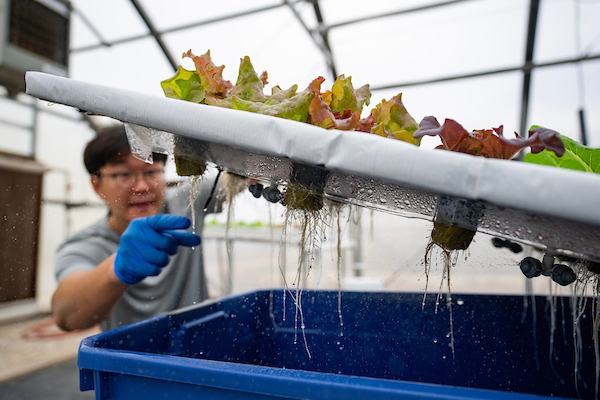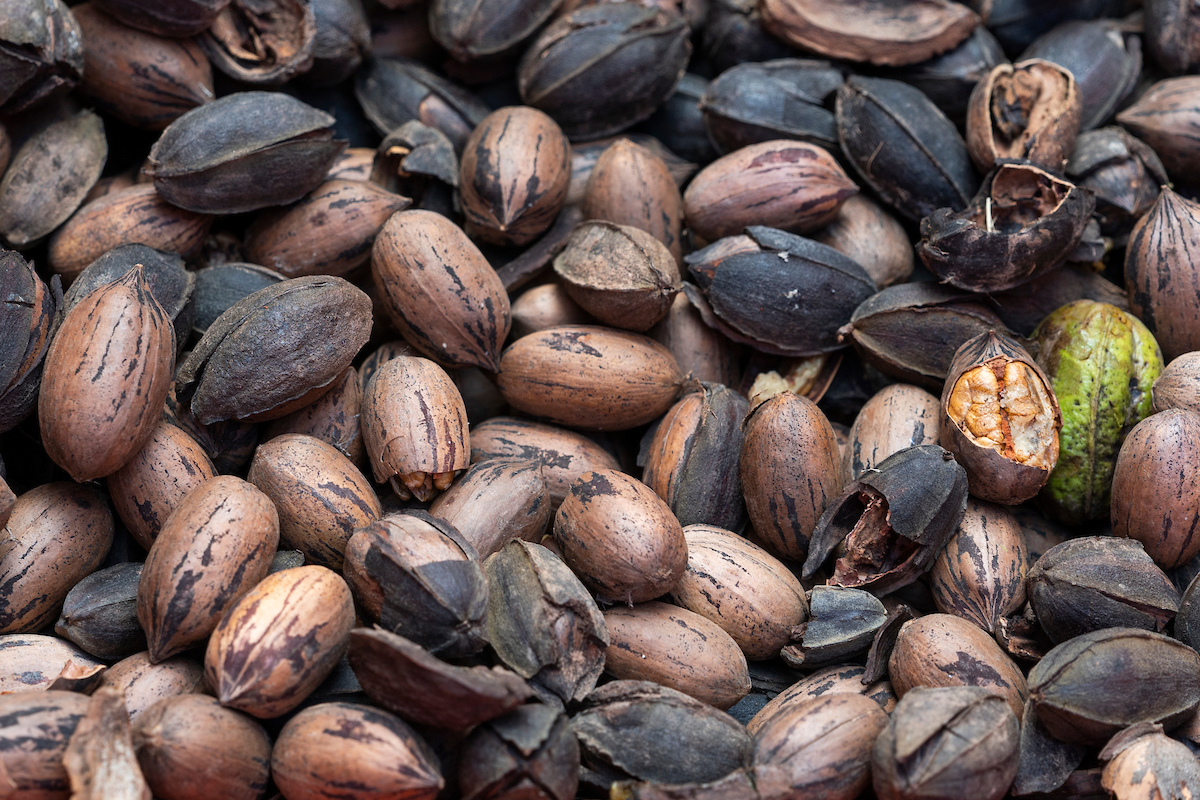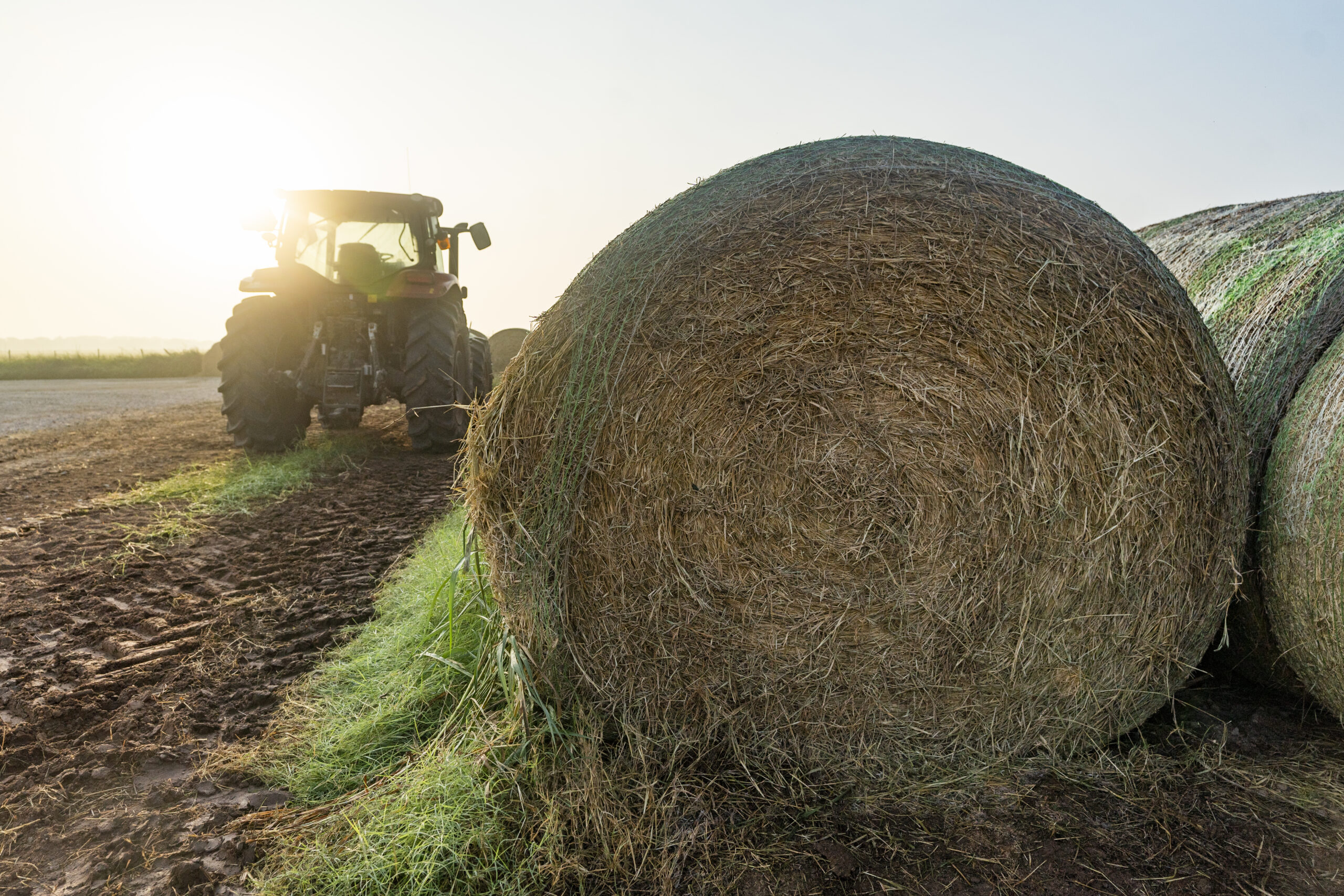AgriLife Extension hires horticulture specialist in El Paso
Cervantes to implement outreach, research to support pecan growers, industry
Kimberly Cervantes, Ph.D., recently joined the Texas A&M AgriLife Extension Service as a horticulture specialist and assistant professor in the Texas A&M Department of Horticultural Sciences to support West Texas pecan growers and industry.
Based at the Texas A&M AgriLife Research and Extension Center at El Paso, her position will be 75% AgriLife Extension outreach and 25% with Texas A&M AgriLife Research.
Cervantes will initially focus on identifying growers’ needs, such as water availability and quality, and examining options to address these challenges.

Expertise in innovative pecan research
Cervantes will serve in her hometown of El Paso after earning a bachelor’s degree in agricultural biology with a minor in biology and biochemistry, a master’s degree in agricultural biology and a doctorate in molecular biology from New Mexico State University.
Her graduate and postdoctoral research focused on pecan trees and included a wide range of studies such as:
- Seed-to-seedling transmission of Xylella fastidiosa that causes pecan bacterial leaf scorch.
- The microbiome composition of pecans.
- How deficit watering influences the microbial composition and health of pecan trees.
- Identification of genes involved in seed dormancy and germination to address the molecular mechanisms of vivipary. Vivipary is a disorder that causes nuts to prematurely germinate while still on the tree, reducing pecan kernel quality and profitable crop yield.
Equipping pecan growers and industry for success
Cervantes said her goal is to tailor her extension outreach and research to address the needs of the pecan growers in the region.
“For example, water availability and quality are significant issues,” Cervantes said. “What can growers do to help their trees succeed under these conditions? I want to identify and target the prevalent issues in our area and focus my research on those.
“This is their livelihood, and I want to serve as a bridge to provide research-based information and solutions that will benefit growers. Their goals are my goals and I’m here to help them succeed with their orchards, along with other needs that they may have.”
Cervantes said she hopes to eventually conduct further microbiome studies to identify the microorganisms that may help pecan trees improve nutrient and water uptake, as well as develop tolerance to drought and disease to improve their production and overall tree health.
She also plans to continue collaborating with Texas A&M AgriLife scientists, other pecan researchers and people in the industry. In past projects, she collaborated with researchers at New Mexico State University, the U.S. Department of Agriculture Pecan Breeding and Genetics division in Texas, the USDA Southeastern Fruit and Tree Nut Research Laboratory in Georgia, and scientists in Mexico, Argentina and Spain.
“This type of teamwork is how we can help growers and the pecan industry thrive and move forward,” Cervantes said. “I’m excited for this opportunity and look forward to giving back to my community and ensuring the success of this program in El Paso.”





